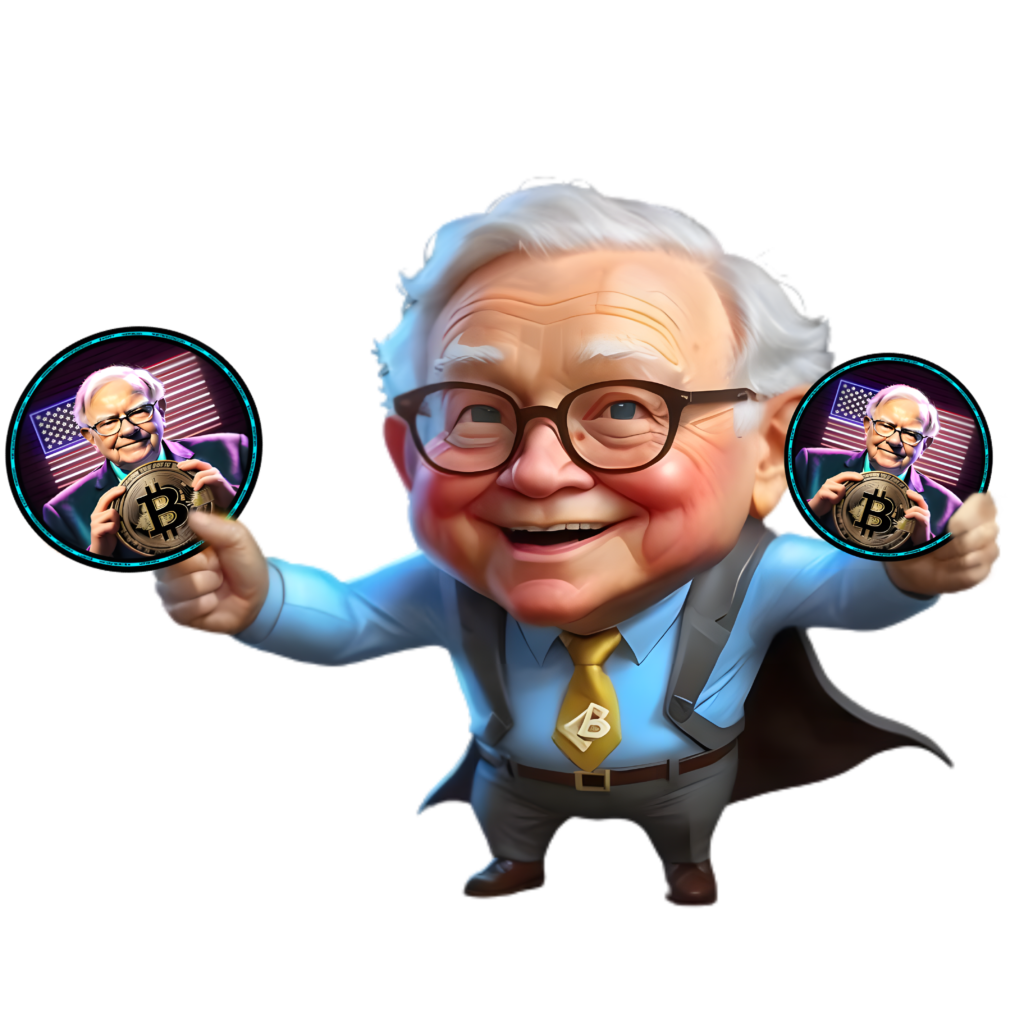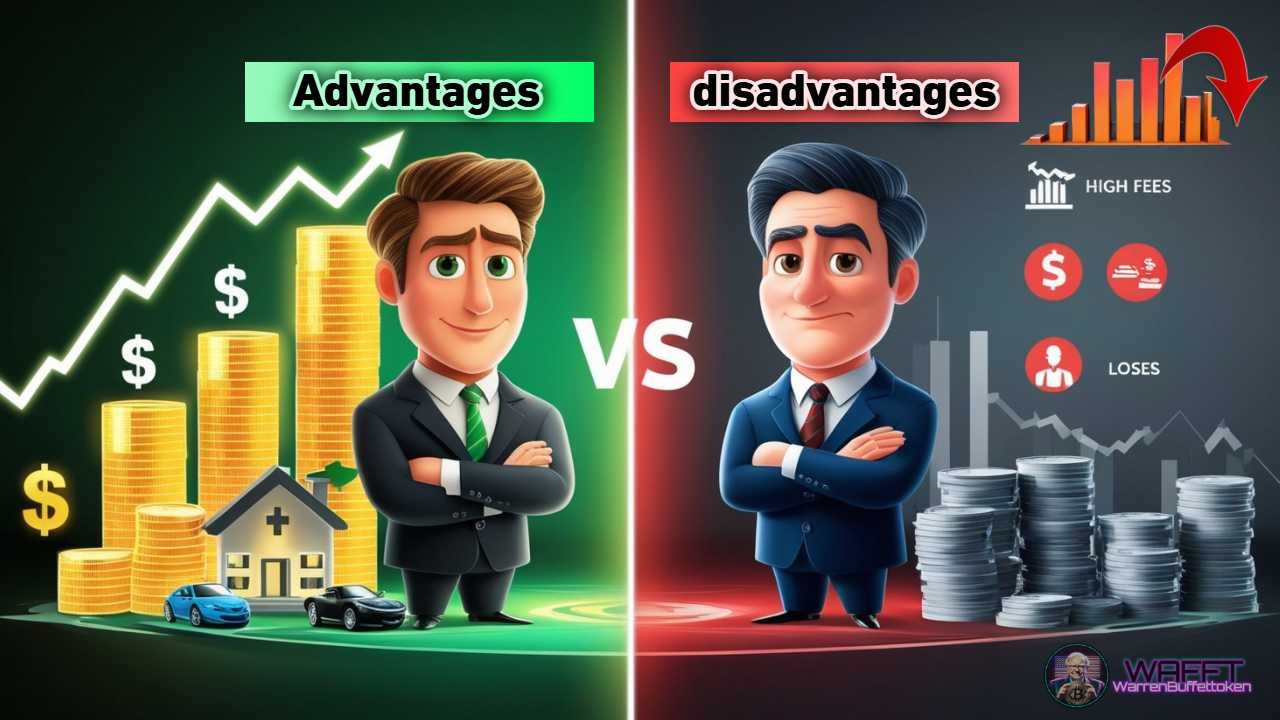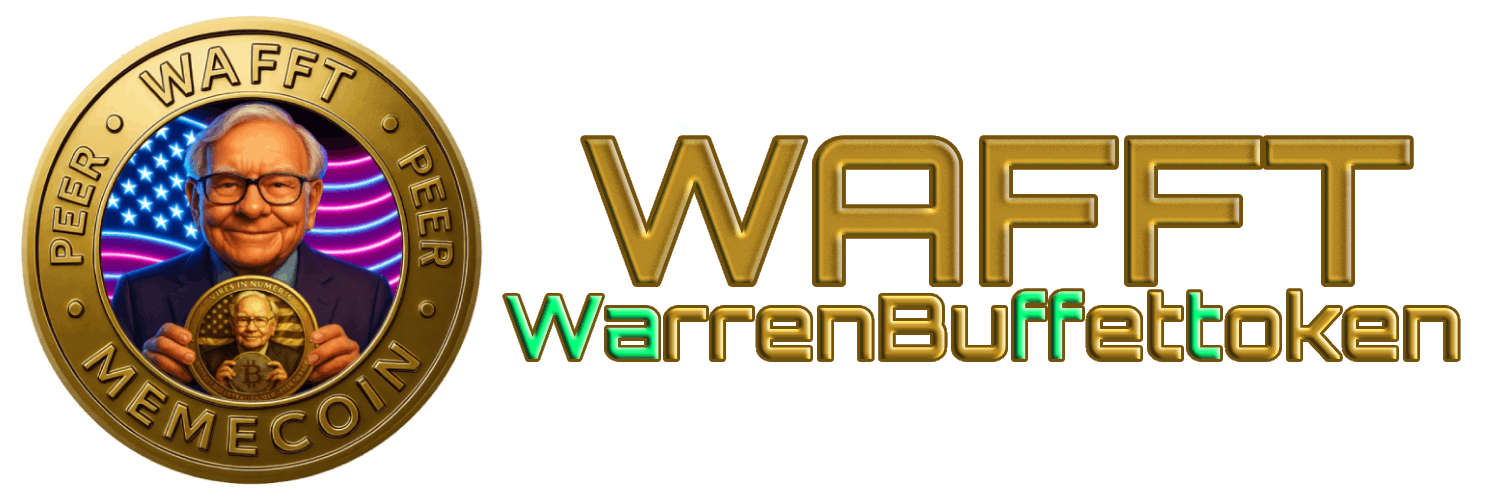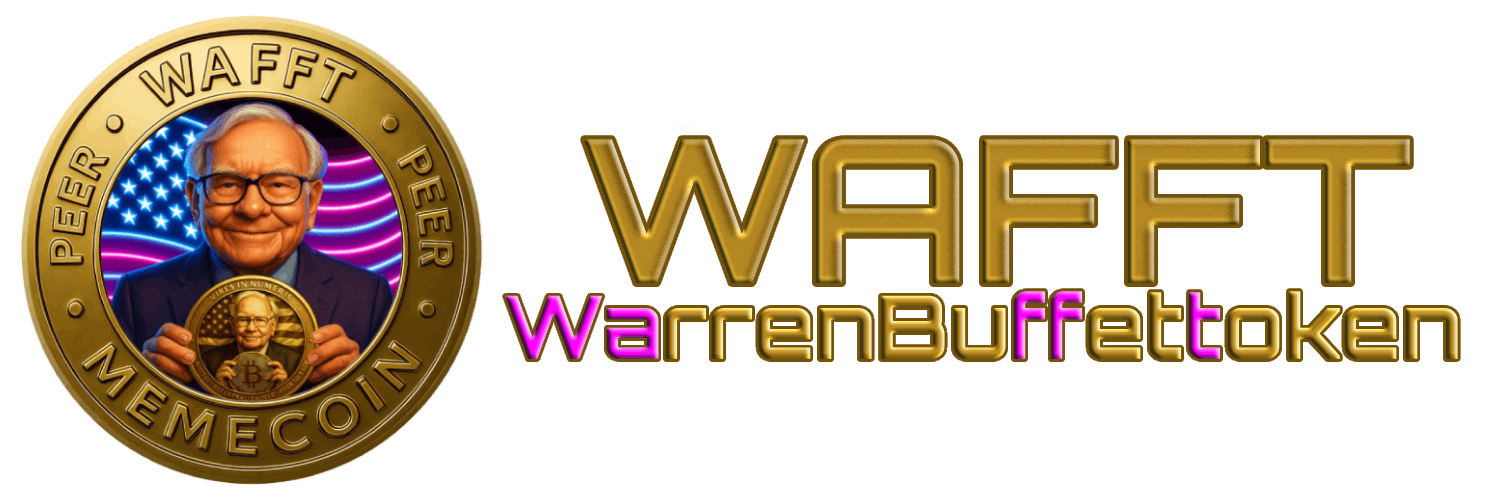Broker:
The gateway to financial markets

What is a Broker? 🕴️💼
Imagine a vast financial arena, where every second millions of transactions cross borders, connect economies and shape the direction of money in the world. 🌍💸 In this theater of transactions, the broker is the conductor, the bridge that unites buyers and sellers to make the movement of financial markets possible.
From humble beginnings, when brokers were middlemen who negotiated out loud on stock exchanges or made phone calls to close deals, their role has evolved impressively. In recent years, technology has transformed this role, taking it from the chaotic trading rooms to the palm of our hand. 📱💻 Nowadays, thanks to online brokers, anyone with a mobile phone can access the stock, currency, commodity or even cryptocurrency markets, with just a few taps on the screen.
This evolution not only democratized investments, but also made them faster and more accessible than ever. Brokers are not simply intermediaries: they are the architects of a system that connects us to global opportunities, giving us the tools to participate in markets that were previously reserved for a privileged few. 🌟

In short, a broker is a financial intermediary that acts as a link between buyers and sellers in financial markets.
Its main characteristics are:
1. Intermediation: Organizes transactions between buyers and sellers of financial assets.
2. Commissions: Charges a commission for executing trades, regardless of the outcome.
3. Trading platform: Provides traders with a platform with analysis tools, charts and market information.
4. Order execution: Executes buy and sell orders on behalf of its clients.
5. Regulation: They are generally regulated and require licenses to operate.
6. Additional services: Many brokers offer financial advice and access to market information.
7. Importance: They are essential for the functioning of financial markets, providing liquidity and facilitating access to individual investors.
8. Difference with traders: Brokers execute orders, while traders make investment decisions and assume risks.

Types of Brokers: The Ultimate Guide for Investors 🤩💼
1. Stock Brokers 📈
Stock brokers are intermediaries that facilitate the buying and selling of stocks on exchanges such as Nasdaq or NYSE.
Key features:
- They provide access to national and international stock markets
- They offer technical and fundamental analysis tools
- They usually charge commissions per operation or a percentage of the traded volume
- Some offer margin accounts for trading with leverage
- They can provide market research and investment recommendations
Advantages:
- Access to a wide range of stocks and ETFs
Advanced trading platforms
Possibility of portfolio diversification
Disadvantages:
- Commissions can be high in some cases
- Requires knowledge of the stock market
2. FOREX Brokers 💱
Specialized in currency trading, these brokers allow trading on the largest exchange market in the world.
Key Features:
- They offer major, minor and exotic currency pairs
- They provide high leverage (up to 1:500 in some cases)
- They operate 24/5, following the global currency market
- They usually offer competitive spreads instead of fixed commissions
Advantages:
- High liquidity and volatility, ideal for short-term trading
- Market open almost 24 hours a day
- Possibility of trading with small capitals thanks to leverage
Disadvantages:
- High leverage can lead to large losses
- Requires a good knowledge of macroeconomic factors
If you need more information about the Forex market, visit the currency section, we have a dedicated space.
Keep learning, your ancestors will be proud🫵
3. Commodity Brokers 🌾🛢️
They help trade commodities such as oil, gold or agricultural products.
Key Features:
- Offer access to futures and options on commodities
- Provide information on factors affecting prices (weather, geopolitics, etc.)
- Typically require larger initial deposits due to the volatility of these markets
Advantages:
- Allow portfolio diversification with tangible assets
- Offer inflation coverage
- Useful for hedging strategies for companies
Disadvantages:
- Markets often volatile and susceptible to global events
- May require specialized knowledge of the sector
4. Cryptocurrency Brokers 🪙
They connect users to digital asset markets like Bitcoin or Ethereum. (And WAFFT? No, it's on a DEX)
- By the way, if you want to know what a DEX is and all the cryptocurrency terms you need to become an expert, go to the learn page, and continue learning with WAFFT
Key Features:
- They offer a wide range of cryptocurrencies
- They provide wallets to store digital assets
- They usually have advanced security measures (two-factor authentication, cold storage)
- They may offer additional services like staking or crypto loans
Advantages:
- Access to a rapidly growing and highly volatile market
- 24/7 trading
- Possibility of high returns
Disadvantages:
- High risk due to extreme volatility
- Regulation still under development in many countries
- Risk of hacks and loss of funds
But be careful, don't confuse the terms "cryptocurrency broker" and "cryptocurrency exchange" - they are often used interchangeably, but there is an important distinction between the two:
Cryptocurrency Exchanges 🔄
Definition:
A cryptocurrency exchange is a platform that allows users to buy, sell, and trade cryptocurrencies directly with each other. Users can trade different cryptocurrency pairs, and in many cases, fiat currencies (such as the dollar or euro).
Features:
- Direct Ownership: Users buy and own the cryptocurrencies directly.
- Variety of Features: They offer multiple features such as spot trading, futures, margin, staking, and more.
- Real-Time Prices: Prices are determined by supply and demand in the market, allowing users to trade at the current market price.
- Advanced Interface: They often have advanced tools for experienced traders, such as charts, technical analysis, and automated trading options.
- Regulation: They may be regulated depending on the country, but many decentralized exchanges (DEX) are unregulated.
Examples:
- BINANCE
- KuCoin
- Coinbase
- Kraken
Cryptocurrency Brokers 🏆
Definition:
A cryptocurrency broker is an intermediary that allows users to buy and sell cryptocurrencies without needing to own them directly. Brokers often offer derivative products that replicate the value of cryptocurrencies.
Features:
- Derivative Instruments: They allow you to trade contracts for differences (CFDs) or other instruments without needing to own the cryptocurrencies.
- Simplified Interface: They usually offer a more user-friendly platform, ideal for beginners.
- Commissions: They may have higher commissions due to the additional services they offer, although this varies by platform.
- Less Variety of Cryptocurrencies: They generally have a limited number of cryptocurrencies available compared to exchanges.
- Regulation: Many brokers are regulated by financial institutions, which can provide an additional layer of security.
Examples:
- eToro
- Robinhood
- Gemini
- Plus500
In short, the main difference lies in how cryptocurrencies are handled. On an exchange, users buy and own cryptocurrencies directly, while on a broker, they trade instruments that reflect the value of those cryptocurrencies without actually owning them.
If you have more questions or need additional information, continue exploring the WAFFT teaching universe.

5. Online Brokers 💻
Digital platforms that allow you to invest from the comfort of your home, removing many traditional barriers.
Key features:
- They offer a wide range of financial products (stocks, ETFs, funds, etc.)
- They provide intuitive and easy-to-use platforms
- They usually have lower fees than traditional brokers
- They offer educational and research tools
Advantages:
- Accessibility and convenience
- Generally lower fees
- Ideal for beginners and experienced investors
Disadvantages:
- Less personal interaction and advice
- May encourage excessive trading due to ease of use
Always remember to invest responsibly and never risk more capital than you are willing to lose. Good luck on your financial journey! 🚀💰

How to make money with a broker? 💸✨
Brokers are your allies in the financial world, whether you're investing in stocks, trading on FOREX, buying cryptocurrencies, or even speculating on commodities. But beware: although they make it easier for you to access the markets, making money with a broker requires strategy, knowledge, and a little daring. Here we tell you how you can get the most out of your relationship with a broker and achieve your financial goals.
1. Know their business model 🔍
To make money working with a broker, you must first understand how they generate income:
- Commissions: Some brokers charge a fixed or variable fee for each trade you make. This is common on traditional stock trading platforms.
- Spreads: In FOREX and other markets, brokers earn from the difference between the buy (bid) and sell (ask) price of an asset. The lower the spread, the better for you.
- Additional fees: Some charge for withdrawals, inactivity, advanced tools, or even advice.
📌 Pro tip: Choose a broker with low fees and competitive spreads to maximize your profits.
2. Invest in markets you understand 🧠💡
The market offers countless options to make money, but not all of them are suitable for beginners.
Some of the most popular ones include:
- Stocks: Buy shares in companies and wait for their value to rise, or earn from dividends.
- FOREX: Trade currency pairs to take advantage of fluctuations in exchange rates.
- Cryptocurrencies: High volatility, but also high risk. Ideal for experienced traders.
- CFDs (Contracts for Difference): These allow you to speculate on rising or falling prices without buying the underlying asset.
3. Use leverage with caution ⚠️
Leverage is a tool that brokers offer to trade with more money than you have in your account. This can multiply your profits, but also your losses.
Example:
If you have $1,000 and trade with 10:1 leverage, you can handle $10,000 in the market. If the asset goes up 1%, you'll make $100 (10% of your initial capital). But if it goes down 1%, you'll lose the same.
📌 Tip: Use leverage only when you have experience and a solid plan to manage risk.
4. Trade, but with strategy 📈
Trading can be very lucrative if you do it right, but it requires preparation.
Here are some popular approaches:
- Day trading: Buy and sell assets on the same day to take advantage of small fluctuations.
- Swing trading: Hold positions for days or weeks to capture broader market movements.
- Scalping: Make many quick trades with small profits.
📌 Key: Learn technical and fundamental analysis to identify good opportunities.
5. Diversify your portfolio 🛡️
Don't put all your eggs in one basket. Work with your broker to diversify your investments across different markets and assets. This reduces risk and increases your chances of long-term success.
6. Take advantage of the broker's tools 🔧
Modern brokers offer resources that can make all the difference:
- Advanced trading platforms: With real-time charts, indicators, and analysis.
- Demo accounts: To practice without risking your money.
- Financial education: Courses, seminars, and guides.
- Copy trading: Allows you to copy the trades of experienced traders.
7. Beware of hidden fees 👀
Before committing to a broker, carefully review their cost structure. Some may charge inactivity fees, withdrawal fees, or even currency conversion fees.
8. Patience is your best ally 🕰️
Making money with a broker is not a race, it's a marathon. Stay calm during market downturns and remember that success comes with time.
Final thoughts 💡
Working with a broker can be your passport to financial freedom, as long as you make informed decisions. Learn, research, and use the tools they offer to maximize your profits and minimize risks.
And remember, in the world of investing, it's not about luck, it's about strategy. Good luck or rather, good strategy! 😁🚀

What should you look for in a broker? 🔍
Choosing a suitable broker is not just another step in your financial adventure, it is THE step! Your choice can directly influence your profits, your trading experience, and most importantly, your peace of mind.
Here we tell you what aspects you should consider before committing to one.
1. Regulation: Safety first 🛡️
A good broker should be regulated by trustworthy entities. This ensures that it operates under strict standards and that your funds are protected. Regulation also ensures that the broker cannot disappear with your money overnight.
Examples of trustworthy regulatory entities:
- USA: SEC (Securities and Exchange Commission) or FINRA (Financial Industry Regulatory Authority).
- Europe: ESMA (European Securities and Markets Authority) or FCA (Financial Conduct Authority, UK).
- Latin America: CVM in Brazil, CNBV in Mexico.
📌 Pro tip: Check that the broker is registered with the regulatory body in the country where it operates. You can easily check this on their website or on the website of the relevant authority.
2. Transparency: No unpleasant surprises 🕵️♂️
Fees and commissions can eat up a large part of your profits if you're not careful.
A transparent broker will clearly inform you about:
- Trading fees: Does it charge a percentage for each purchase/sale?
- Spreads: What is the difference between the purchase and sale price?
- Additional fees: Are there fees for inactivity, withdrawals, deposits or currency conversions?
📌 Watch out for the fine print: Some brokers offer "zero commissions" but have wide spreads that end up costing you more.
3. Trading platform: Your work tool 🖥️📊
The trading platform is your direct connection to the markets, so it must be intuitive, functional and robust.
What to look for?
- User-friendly interface: Especially if you are a beginner.
- Advanced tools: Interactive graphics, technical indicators, real-time analysis.
- Speed: A slow platform can cost you money, especially in volatile markets such as FOREX or cryptocurrencies.
- Compatibility: Does it work on mobile, tablet and PC?

4. Variety of markets: Diversification within reach 🌍
A good broker should offer access to a wide range of assets. This will allow you to diversify your portfolio and minimize risks.
Common assets that you should be able to trade:
- Stocks: Local and international.
- FOREX: Major, minor and exotic currency pairs.
- Cryptocurrencies: The most popular ones such as Bitcoin, Ethereum, and altcoins.
- Commodities: Gold, oil, coffee, among others.
- Funds and ETFs: For diversified investments with low costs.
📌 Remember: If you have a specific interest, such as investing in emerging markets or cryptocurrencies, check that the broker offers it.
5. Customer service: Your lifeline in critical moments ☎️
Nobody wants to face technical problems or urgent questions without having someone to turn to. Good customer service makes all the difference.
What to consider?
- Availability: Do they serve 24/7? Especially important if you operate in global markets.
- Contact channels: Live chat, email, phone.
- Support in your language: Crucial if you don't speak other languages.
- Quick resolution: How efficient are they at solving problems?
6. User experience: Opinions and reviews ⭐
Before choosing a broker, check what other users say about it. Others' experiences can give you clues about possible problems or advantages that are not mentioned on their official page.
- Forums and communities: Like Reddit or specialized groups.
- Review platforms: Trustpilot, Google Reviews.
- Comparisons: Blogs and websites that analyze different options.
📌 Warning: Don't just go by positive reviews; check that they are authentic.
7. Education and resources: Grow as an investor 📚
Some brokers go the extra mile and offer educational resources for their users. This is ideal if you are a beginner or if you want to improve your trading skills.
What can they include?
- Webinars and tutorials.
- Demo accounts: To practice without risk.
- Blog and market analysis: Articles on current trends.
- Trading signals: Alerts on market opportunities.
Final reflection 🧠
Choosing a good broker is not just a matter of finding the cheapest or the most popular, but the one that best suits your needs. Spend time researching and comparing, because the right choice can be the key to achieving your financial goals without headaches.
A suitable broker is your strategic partner on the path to financial success! 🚀

Advantages and disadvantages of using a broker ⚖️
Using a broker can open the doors to global financial markets, but it also has its challenges. Before you take the plunge, consider the following:
Advantages ✅
1. Global access 🌍
A broker connects you to markets around the world, from stocks on Wall Street to commodities in Asia or cryptocurrencies anywhere.
2. Accessible tools 🛠️
Online broker platforms are easy to use, with interactive charts, real-time analysis, and options tailored for beginners and experts.
3. Leverage 🚀
Some brokers allow you to trade with more money than you have, which amplifies your investment opportunities (but also the risks).
4. Diversification 🔄
With a single broker you can invest in stocks, FOREX, ETFs, cryptocurrencies and more, allowing you to build a diverse portfolio.
Disadvantages ⚠️
1. Hidden costs 💸
Trading commissions, high spreads and additional fees (withdrawals or inactivity) can significantly reduce your profits.
2. Risks of leverage 📉
While you can earn more, you can also lose quickly if the market does not move in your favor. Leverage is a double-edged sword.
3. Problems with unregulated brokers ❌
Choosing an unregulated or poorly transparent broker can expose you to scams. Be wary of offers that promise "guaranteed profits."
4. Technological dependence 🖥️
With online brokers, you are dependent on a stable platform. If the platform fails at a critical moment, you could lose opportunities or money.
Conclusion 💡
Using a broker has great advantages, but it is not without risks. Do your research before choosing and make sure you understand the costs and tools offered. With a smart choice, a broker can be your ally in achieving financial success. But always be careful! 🚦

History of Brokers: From Paper to Click 📜➡️🖱️
The role of the broker has a fascinating history that takes us from the earliest civilizations to modern digital markets. This role, essential for connecting buyers and sellers, has evolved to adapt to the needs of each era, integrating new technologies and redefining the way we invest. 🌍💹
The origins: Intermediaries of ancient trade 🏺🌾
The concept of financial intermediation has roots in the oldest civilizations. During Pharaonic Egypt, grains stored in temples served as a kind of currency, and scribes acted as intermediaries to record and organize transactions. In Mesopotamia, the first commercial contracts were already written on clay tablets.
In Greece and Rome, intermediaries facilitated the trade of goods such as olive oil, wine, and precious metals. These merchants played a crucial role in ensuring the quality of goods and mediating payments, often using rudimentary credit systems.
- 📌Interesting historical fact: In Rome, the "argentarii" were a kind of precursor to today's brokers, helping to manage investments and financial transactions. 💰🏛️
The Middle Ages: Trade between continents 🧭🌐
During the Middle Ages, European merchants began exploring new trade routes to the East, driving the need for more specialized middlemen. Trade fairs, such as those in Champagne in France, brought together merchants from across Europe, where early brokers helped coordinate trades of goods such as wool, spices, and gold.
At this time, Venice established itself as a key financial center. Venetian middlemen negotiated rudimentary futures contracts for goods such as pepper and silk, allowing merchants to hedge against price fluctuations.
- 📌First regulation: Medieval governments began implementing rules to control the activity of intermediaries, marking the beginning of regulation in financial markets. 📜⚖️
The birth of stock exchanges: The modern broker emerges 📈🇳🇱
The concept of a broker as we know it today took shape in the 17th century with the emergence of the first stock exchanges. In 1602, the Dutch East India Company issued the first tradable shares, and the Amsterdam Stock Exchange became the epicenter of securities trading.
Brokers facilitated the buying and selling of stocks and bonds, allowing investors to participate in these transactions without needing to interact directly with the issuers. This system laid the groundwork for organized trade.
- 📌London takes the lead: In the 18th century, London brokers met in coffee houses to trade securities. One of these, Jonathan’s Coffee House, evolved into the London Stock Exchange in 1773. ☕💹
19th and 20th centuries: The professionalization of the broker 📞🏛️
During the 19th and 20th centuries, stock exchanges grew significantly, and with them, the role of the broker. At this time, financial operations were exclusive to individuals and companies with large capitals. Transactions were carried out in person or by telephone, and intermediation costs were high.
- 📌The rise of Wall Street: In the United States, the New York Stock Exchange (NYSE) became a symbol of the financial markets. Brokers, with their famous "screams and gestures" in the trading rooms, helped close deals in real time. 📊📞
The introduction of the first stock market indices, such as the Dow Jones Industrial Average in 1896, allowed brokers to offer new forms of investment. This marked a milestone in the evolution of financial services.
The Digital Revolution: Democratizing Access 💻📲
The biggest change in brokerage history came with the rise of the Internet in the 1990s. Before this, financial markets were inaccessible to most people due to high costs and the complexity of trading.
Online brokers completely transformed the industry:
- Global Access: Anyone with a computer or smartphone can trade from anywhere in the world.
- Cost Reduction: Commissions became lower or even non-existent in some cases.
- Tools Available to Everyone: From technical analysis to real-time data, online brokers offer tools that were previously only available to large institutions.
- Pioneering Platforms: E*TRADE, founded in 1982, was one of the first online trading platforms. Since then, companies like Robinhood have popularized trading with user-friendly interfaces and no commissions. 🚀📱
The Future of Brokerage: Artificial Intelligence and Cryptocurrencies 🤖🪙
Nowadays, brokers are embracing technologies such as artificial intelligence (AI) to offer personalized recommendations and automated trading. In addition, the rise of cryptocurrencies has led many brokers to include digital assets on their platforms.
- Social Trading: Platforms such as eToro allow users to copy strategies from other investors, combining collective knowledge with accessibility. 👥💼
- Algorithmic Trading: Automation is transforming the way trades are made, allowing strategies to be executed in fractions of a second.
Conclusion: The Evolution Continues 🔄🌟
The history of brokers is proof of how financial intermediation has been essential to the development of markets and the global economy. From the first commercial agreements on clay tablets to today's digital platforms, brokers have evolved to adapt to the needs of each era.
The future promises even more innovation, with technology and inclusive access continuing to transform the way we participate in financial markets.
Brokers have come a long way, and there is still much to be written in their history! 🚀📜
WAFFT Conclusion: Do You Really Need a Broker? 🤔
The answer is yes, if you intend to participate in the financial markets in a serious and efficient manner. A broker is not simply a middleman; it is your bridge to a world of investment opportunities, from stocks and bonds to currencies and cryptocurrencies. Thanks to technological advances and the digitalization of markets, brokers have democratized investments, allowing anyone, from a beginner with modest capital to a financial expert, to trade global markets from the comfort of their home.
Take the time to do your research, compare options, and above all, make sure you understand the risks associated with the market you plan to trade in.
Remember: a good broker will be your ally, not your obstacle. 🚀📈


